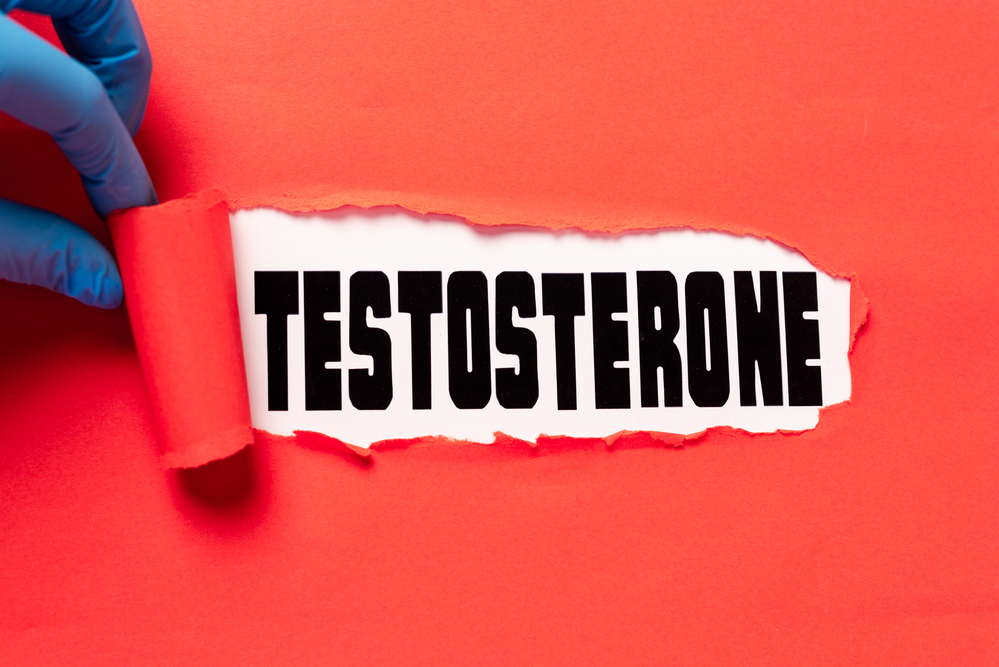Posted in Men Series | By Yasmin S.

Testosterone is a crucial hormone in the male body, playing vital roles in physical, mental, and sexual health. Understanding its functions and managing its levels properly is essential for overall well-being.
What is Testosterone?
Testosterone is a male sex hormone produced mainly in the testes. It is responsible for developing male characteristics such as facial hair, deeper voice, and muscle mass. It also plays a key role in mood regulation, bone density, and sexual drive.
Key Benefits of Testosterone
- Supports muscle growth and strength
Testosterone promotes protein synthesis, aiding in muscle development and maintenance. - Maintains healthy bone density
Adequate levels help prevent osteoporosis and support bone strength. - Enhances libido and sexual performance
Testosterone is directly linked to sex drive and erectile function. - Improves mood and energy levels
Low testosterone may cause fatigue, irritability, and depression. - Contributes to cognitive health
It aids in memory, focus, and spatial abilities.
Signs of Low Testosterone
Men with low testosterone (hypogonadism) may experience:
- Reduced libido or sexual performance issues
- Loss of muscle mass and strength
- Increased body fat, especially around the abdomen
- Mood swings, depression, or irritability
- Low energy and chronic fatigue
- Decreased bone density
How to Maintain Healthy Testosterone Levels
- Exercise regularly
Strength training and HIIT are particularly effective in boosting testosterone. - Maintain a healthy weight
Excess body fat, especially visceral fat, can lower testosterone. - Sleep well
Aim for 7-8 hours of quality sleep, as testosterone is produced during deep sleep cycles. - Manage stress
High cortisol levels negatively affect testosterone production. - Eat a balanced diet
Include sufficient protein, healthy fats, and micronutrients like zinc and vitamin D. - Avoid excessive alcohol and drug use
These can impair testosterone production and overall health.
When to Seek Medical Advice
If you suspect low testosterone is affecting your health, consult a doctor. Blood tests can confirm levels, and treatments like testosterone replacement therapy (TRT) may be recommended under medical supervision.
Visit us at: https://puerariamirifica.com/product-category/products/







